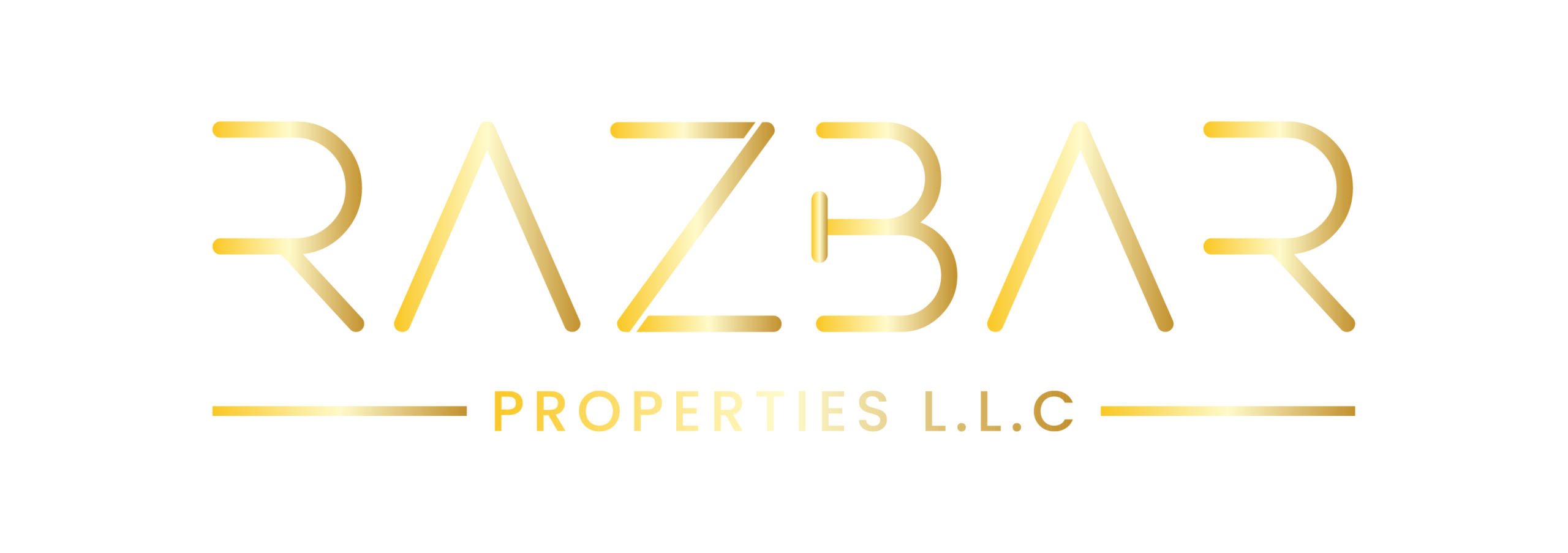Frequently Asked Questions
- Home
- Frequently Asked Questions
Yes, mortgage protection insurance is often required by lenders in the UAE, particularly for expats. This insurance typically covers the outstanding mortgage balance in case of unforeseen circumstances such as death or disability.
Yes, you can remortgage your property in the UAE if you are looking to refinance your mortgage, switch lenders, or access additional funds. It’s essential to assess the current value of the property and ensure that the terms of the new mortgage are suitable for your financial situation.
For first-time buyers:
- Expat residents: 20%
- UAE nationals: 15%
- For second-time buyers
- Expat residents: 40%
- UAE nationals: 35%
Some banks offer exceptions, such as reducing deposit requirements for second-time buyers if their current mortgage is below 60% LTV.
For salaried applicants:
- ID documents
- Salary certificate
- 6 months’ payslips
- 6 months’ bank statements
- Details of existing liabilities
For self-employed applicants:
- ID documents
- Company documents (trade license, company profile, etc.)
- Audited accounts or 12 months of business bank statements
- 6 months of personal bank statements
- Details of existing liabilities
Yes, many banks in the UAE allow early repayment of a mortgage, but be aware that some lenders may impose early repayment penalties, especially if you pay off the loan before a certain period. Always check the terms with your bank before making early repayments.
